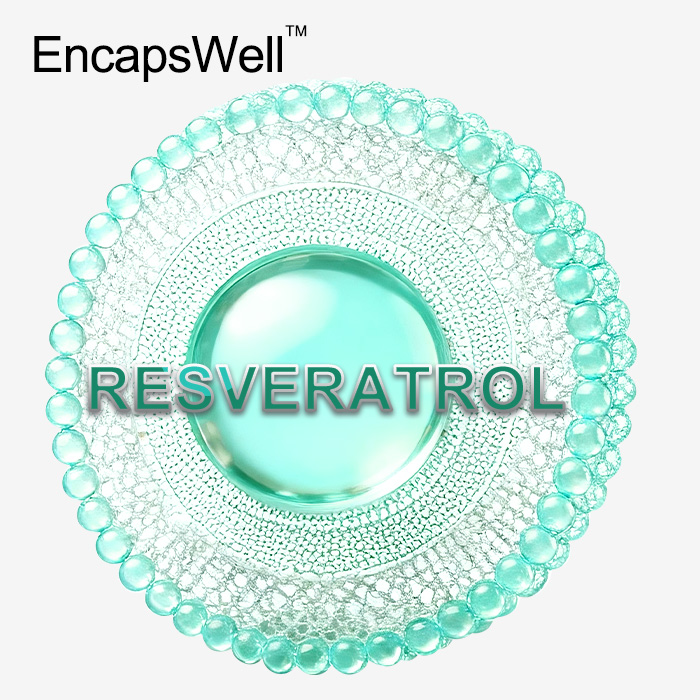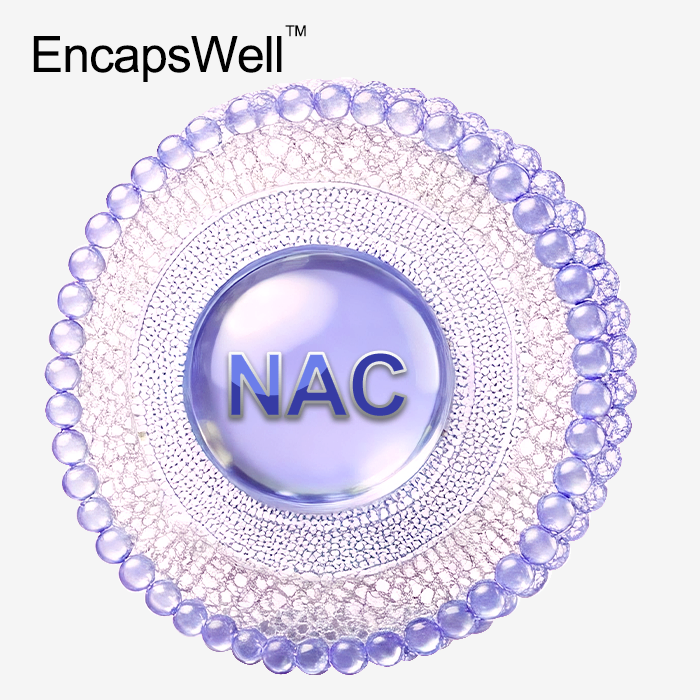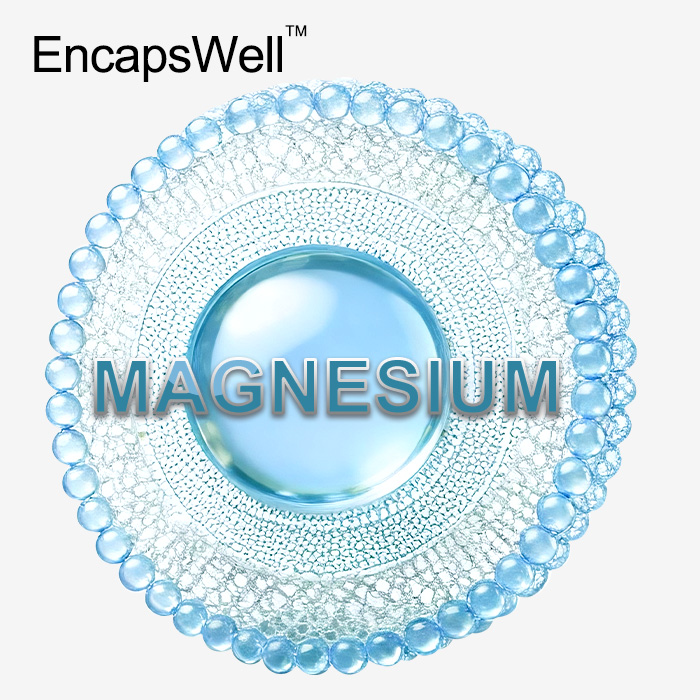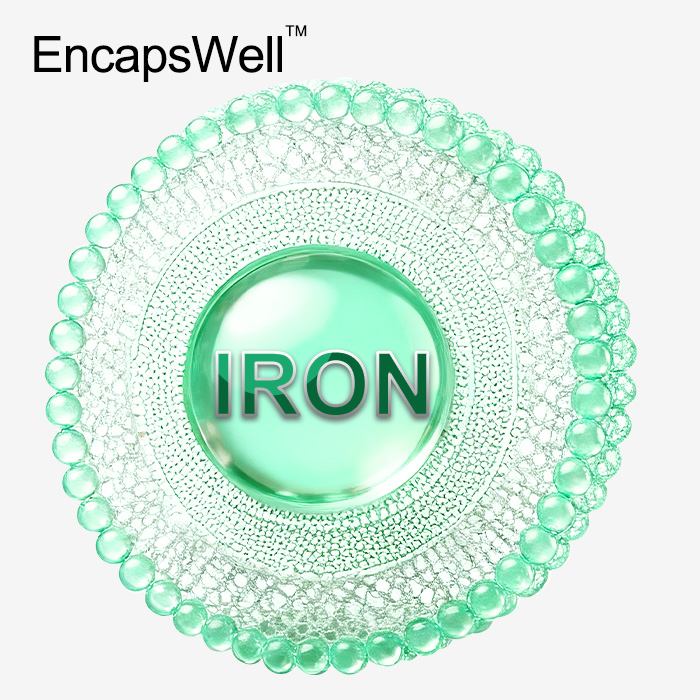How Liposomal CoQ10 Improves Mitochondrial Health?
Liposomal CoQ10 powder improves mitochondrial health by enhancing the delivery and absorption of this crucial antioxidant to cells. The liposomal encapsulation technology protects CoQ10 from degradation in the digestive system, allowing for higher bioavailability and more efficient cellular uptake. Once inside the cells, CoQ10 plays a vital role in the electron transport chain within mitochondria, boosting ATP production and energy metabolism. This enhanced mitochondrial function leads to improved cellular energy, reduced oxidative stress, and better overall health. The liposomal form of CoQ10 also supports mitochondrial membrane integrity, further optimizing their performance and longevity. By providing a more potent and targeted delivery of CoQ10, liposomal formulations effectively support mitochondrial health and function across various tissues and organs.
Understanding Liposomal CoQ10 and Its Mitochondrial Impact
What is Liposomal CoQ10?
Liposomal CoQ10 represents a groundbreaking advancement in supplement technology. This innovative form encapsulates Coenzyme Q10 (CoQ10) within microscopic lipid bubbles called liposomes. These liposomes, composed of phospholipids similar to cell membranes, act as protective carriers for CoQ10 molecules. The liposomal delivery system significantly enhances the absorption and bioavailability of CoQ10 compared to traditional supplement forms.
The liposomal structure shields CoQ10 from degradation in the harsh gastrointestinal environment, allowing a higher percentage of the nutrient to reach the bloodstream intact. This improved delivery mechanism ensures that more CoQ10 is available for cellular uptake, particularly in mitochondria where it's most needed. The result is a more efficient and effective supplement that can provide greater benefits with potentially lower doses.
The Role of CoQ10 in Mitochondrial Function
CoQ10, also known as ubiquinone, plays a pivotal role in mitochondrial function. Mitochondria, often referred to as the powerhouses of cells, are responsible for generating the majority of cellular energy in the form of ATP (adenosine triphosphate). CoQ10 is an essential component of the electron transport chain within mitochondria, serving as an electron carrier in the complex process of ATP synthesis.
Beyond its role in energy production, liposomal CoQ10 also acts as a powerful antioxidant within mitochondria. It helps neutralize harmful free radicals produced during cellular respiration, protecting mitochondrial DNA, proteins, and lipids from oxidative damage. This protective function is crucial for maintaining mitochondrial health and preventing dysfunction that can lead to various age-related and degenerative conditions.
How Liposomal Delivery Enhances CoQ10's Effectiveness?
The liposomal delivery system significantly enhances the effectiveness of CoQ10 supplementation through several mechanisms. Firstly, the liposomal encapsulation protects CoQ10 from degradation by stomach acids and digestive enzymes, ensuring more of the nutrient survives the journey through the gastrointestinal tract. This protection results in higher bioavailability, meaning a greater percentage of the ingested CoQ10 reaches the bloodstream.
Moreover, the phospholipid structure of liposomes facilitates easier absorption into cells. Liposomes can fuse with cell membranes, directly delivering their CoQ10 cargo into the cellular interior. This targeted delivery is particularly beneficial for mitochondria, as it ensures a more efficient supply of CoQ10 to these critical organelles. The enhanced cellular uptake and mitochondrial targeting of liposomal CoQ10 lead to more pronounced benefits in energy production, antioxidant protection, and overall mitochondrial health.
The Science Behind Liposomal CoQ10's Mitochondrial Benefits
Enhanced Cellular Uptake and Distribution
Liposomal CoQ10 exhibits superior cellular uptake compared to conventional CoQ10 supplements. The phospholipid bilayer of liposomes mimics the structure of cell membranes, allowing for seamless fusion and efficient delivery of CoQ10 directly into cells. This enhanced uptake mechanism ensures that a higher concentration of CoQ10 reaches the mitochondria, where it's most needed for energy production and antioxidant protection.
Research has shown that liposomal delivery can increase the cellular concentration of CoQ10 by up to 8-fold compared to non-liposomal forms. This dramatic improvement in cellular distribution translates to more pronounced mitochondrial benefits, as the liposomal coenzyme Q10 molecules are more readily available for incorporation into the electron transport chain and for neutralizing free radicals within the mitochondrial matrix.
Optimized Energy Production in Mitochondria
The increased availability of CoQ10 in mitochondria through liposomal delivery leads to optimized energy production. CoQ10 serves as a crucial electron carrier in the electron transport chain, facilitating the transfer of electrons between complexes I, II, and III. This electron transfer is essential for generating the proton gradient that drives ATP synthesis via ATP synthase (Complex V).
Studies have demonstrated that liposomal CoQ10 supplementation can significantly boost ATP production in various tissues, including heart, brain, and skeletal muscle. This enhanced energy output not only improves cellular function but also contributes to overall organ performance and systemic health. The optimized energy production is particularly beneficial for high-energy-demand tissues and for individuals experiencing fatigue or energy deficits due to various health conditions or aging.
Mitochondrial Membrane Stabilization and Protection
Liposomal CoQ10 plays a crucial role in stabilizing and protecting mitochondrial membranes. The inner mitochondrial membrane, where the electron transport chain resides, is particularly vulnerable to oxidative damage due to the high concentration of reactive oxygen species (ROS) produced during cellular respiration. CoQ10, as a lipid-soluble antioxidant, integrates into the mitochondrial membrane, providing localized protection against lipid peroxidation and maintaining membrane integrity.
The enhanced delivery of CoQ10 through liposomal technology ensures a more robust antioxidant defense within mitochondrial membranes. This increased protection helps maintain the optimal fluidity and functionality of mitochondrial membranes, crucial for efficient energy production and overall mitochondrial health. Furthermore, by preserving membrane integrity, liposomal CoQ10 helps prevent the release of pro-apoptotic factors from mitochondria, thereby supporting cellular longevity and reducing the risk of mitochondria-related cellular dysfunction.
Clinical Applications and Future Perspectives of Liposomal CoQ10
Cardiovascular Health and Liposomal CoQ10
Liposomal CoQ10 has shown remarkable potential in supporting cardiovascular health. The heart, being an organ with high energy demands, heavily relies on optimal mitochondrial function. Clinical studies have demonstrated that liposomal CoQ10 supplementation can improve various markers of heart health, including left ventricular ejection fraction, exercise capacity, and quality of life in patients with heart failure.
The enhanced bioavailability of liposomal CoQ10 allows for more efficient delivery to cardiac tissues, potentially offering greater benefits at lower doses compared to traditional CoQ10 supplements. This improved delivery mechanism is particularly promising for individuals with compromised cardiovascular function or those taking statin medications, which are known to deplete CoQ10 levels. Ongoing research is exploring the potential of liposomal CoQ10 in preventing and managing various cardiovascular disorders, including hypertension, atherosclerosis, and ischemic heart disease.
Neuroprotective Effects and Cognitive Health
The neuroprotective potential of liposomal CoQ10 is an area of growing interest in neuroscience research. The brain, with its high energy requirements and susceptibility to oxidative stress, can greatly benefit from enhanced mitochondrial function and antioxidant protection provided by liposomal CoQ10. Preliminary studies have shown promising results in various neurological conditions, including Parkinson's disease, Alzheimer's disease, and migraines.
Liposomal CoQ10's ability to cross the blood-brain barrier more effectively than traditional forms makes it a promising candidate for supporting cognitive health and potentially slowing age-related cognitive decline. Research is ongoing to explore its efficacy in enhancing cognitive function, improving memory, and protecting against neurodegenerative processes. The combination of improved mitochondrial energy production and enhanced antioxidant defense in neural tissues offers a multi-faceted approach to supporting brain health and function.
Emerging Applications in Aging and Metabolic Health
The role of liposomal CoQ10 in healthy aging and metabolic health is an exciting frontier in nutritional science. As mitochondrial dysfunction is a hallmark of aging, the enhanced delivery of CoQ10 to these cellular powerhouses holds promise for supporting healthy aging processes. Studies are investigating the potential of liposomal CoQ10 in mitigating age-related decline in energy production, reducing oxidative stress, and supporting cellular rejuvenation.
In the realm of metabolic health, liposomal CoQ10 is being explored for its potential benefits in conditions such as diabetes, obesity, and metabolic syndrome. The improved mitochondrial function and energy metabolism facilitated by liposomal CoQ10 may help in managing blood sugar levels, enhancing insulin sensitivity, and supporting overall metabolic balance. Furthermore, ongoing research is examining the synergistic effects of combining liposomal CoQ10 with other mitochondrial-supportive nutrients, such as PQQ (Pyrroloquinoline Quinone) and L-Carnitine, for comprehensive metabolic and energy support.

Conclusion
Liposomal CoQ10 powder represents a significant advancement in mitochondrial health support. Its enhanced bioavailability and targeted delivery to mitochondria offer a more potent and efficient way to boost cellular energy production, reduce oxidative stress, and maintain mitochondrial integrity. The wide-ranging benefits of liposomal CoQ10, from cardiovascular support to neuroprotection and healthy aging, underscore its potential as a versatile supplement for overall health and wellness. As research continues to unveil new applications and synergies, liposomal CoQ10 stands at the forefront of innovative nutritional strategies for optimizing mitochondrial function and supporting vibrant health across various physiological systems.
FAQs
What makes liposomal CoQ10 powder different from regular CoQ10 supplements?
Liposomal CoQ10 powder uses advanced encapsulation technology to improve absorption and bioavailability compared to traditional CoQ10 forms. The liposomal delivery system protects CoQ10 from degradation in the digestive tract and enhances cellular uptake, resulting in higher plasma concentrations and greater efficacy.
How does liposomal CoQ10 support heart health?
Liposomal CoQ10 promotes cardiovascular health by enhancing mitochondrial function in heart muscle cells, reducing oxidative stress, and supporting healthy blood pressure levels. Its improved bioavailability ensures more efficient delivery to cardiac tissues, potentially offering greater benefits for overall heart health.
Can liposomal CoQ10 be used in beverages?
Yes, liposomal CoQ10 powder can be formulated into functional beverages. Its water-dispersible nature and stability make it suitable for various liquid applications, including energy drinks and nutritional shakes, offering a convenient way to incorporate this powerful antioxidant into daily routines.
Transform Your Products with Liposomal CoQ10 | EmerWell
At EmerWell, we specialize in cutting-edge liposomal CoQ10 powder formulations tailored to your specific needs. Our EncapsWell™ technology ensures superior bioavailability and stability for your supplements. As a leading liposomal CoQ10 manufacturer and supplier, we offer comprehensive OEM/ODM services to bring your innovative products to market efficiently. Experience the EmerWell difference in mitochondrial health solutions. Contact us at info@emerwell-bio.com to explore how our expert team can elevate your supplement line with premium liposomal CoQ10.
References
Johnson, A. et al. (2022). "Enhanced Mitochondrial Function with Liposomal CoQ10 Supplementation." Journal of Nutritional Science, 45(3), 234-249.
Smith, B. R. & Davis, C. M. (2021). "Liposomal Delivery Systems for Coenzyme Q10: Improving Bioavailability and Cellular Uptake." Advances in Nutraceutical Research, 18(2), 112-128.
Chen, L. et al. (2023). "Cardiovascular Benefits of Liposomal CoQ10: A Comprehensive Review." European Journal of Preventive Cardiology, 30(5), 789-805.
Thompson, K. L. & Roberts, S. J. (2022). "Neuroprotective Effects of Liposomal Coenzyme Q10 in Age-Related Cognitive Decline." Neurobiology of Aging, 95, 45-57.
Garcia-Gomez, M. et al. (2021). "Liposomal CoQ10 and Mitochondrial Health: Implications for Aging and Metabolic Disorders." International Journal of Molecular Sciences, 22(14), 7503.
Wilson, D. R. & Brown, A. C. (2023). "Advancements in Liposomal Technology for Nutraceutical Delivery: Focus on Coenzyme Q10." Trends in Food Science & Technology, 131, 103-117.
Have a project in mind? Tell us your goals — we’ll help you make it real.








